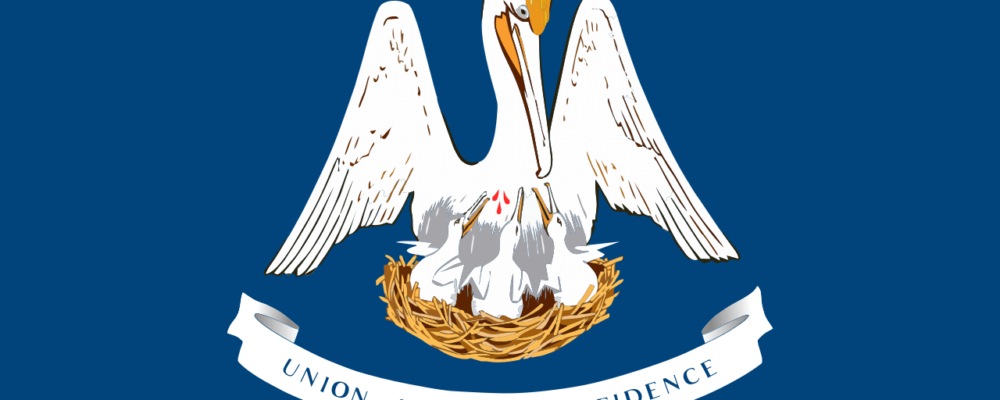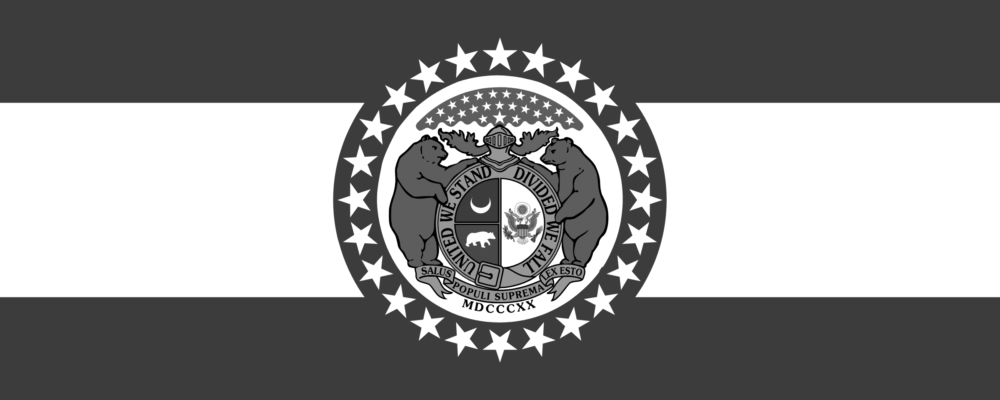Quick Hits
- The FTC will hold an Open Commission Meeting on April 23, 2024, on its proposed rule that would ban noncompetes.
- The proposed rule would prohibit the use of noncompete clauses and preempt all state laws providing lesser protection than the proposed rule.
- The proposed rule would apply to any contractual term that functions to prevent a worker from seeking or accepting employment or operating a business, after leaving the employer.
- Any final rule will not go into effect until 180 days after the final rule is published.
Federal Trade Commission Chair Lina Khan announced that a special Open Commission Meeting will be held virtually on Tuesday, April 23, 2024, at 2:00 p.m. ET. The meeting will start with a vote on whether to authorize public disclosure of the proposed final rule and will be followed by comments from Chair Khan. If the Commission votes to authorize public disclosure of the proposed final rule, there will be a presentation on the rule, after which the Commission will vote on whether to issue the final rule.
The proposed rule would prohibit the use of noncompete clauses and preempt all state laws providing lesser protection than the proposed rule. The proposed rule would apply to any contractual term that functions to prevent a worker from seeking or accepting employment or operating a business after leaving the employer. The proposed rule would not ban nondisclosure or customer nonsolicitation agreements, but the ban could apply if those provisions were broad enough to prohibit a worker from working in the same field.
The proposed rule received more than 26,000 comments during the ninety-day comment period and has been the subject of national attention. Former commissioner Christine S. Wilson, who lambasted the rule, issued a public resignation in February 2023. If the final rule is similar to the proposed rule, it will face numerous legal challenges. First, the proposed rule likely exceeds the FTC’s legal rulemaking authority under the Federal Trade Commission Act and the delegation clause. Second, the rulemaking appears to invade the province of state contract law. Third, the rulemaking may trigger the major questions doctrine—and, as such, any action purporting to ban noncompete provisions would need to be undertaken by the U.S. Congress.
Ogletree Deakins’ Unfair Competition and Trade Secrets Practice Group will continue to monitor developments and will publish updates on the Unfair Competition and Trade Secrets blog as additional information becomes available.
Follow and Subscribe
LinkedIn | Instagram | Webinars | Podcasts
“Ogletree Deakins has experienced professionals in all areas of labour and employment law who provide efficient, client-focused service. We represent employers of all industries and sizes, from small businesses to Fortune 50 companies.”
Please visit the firm link to site






